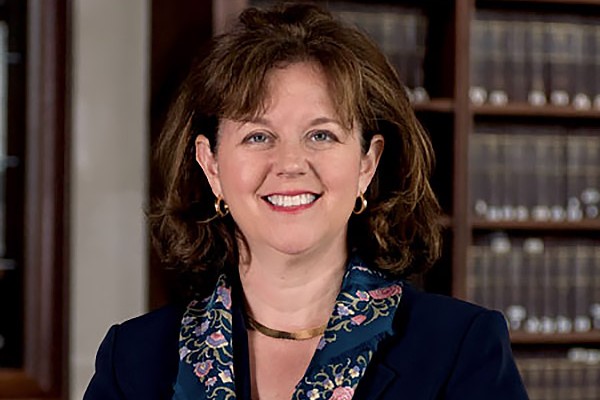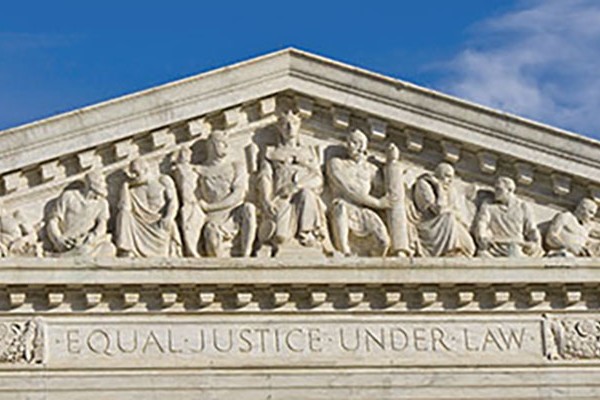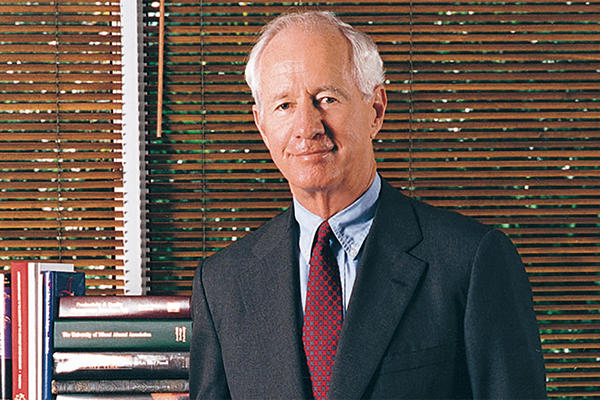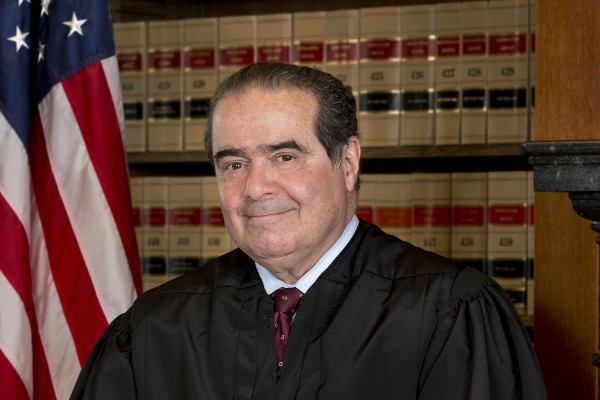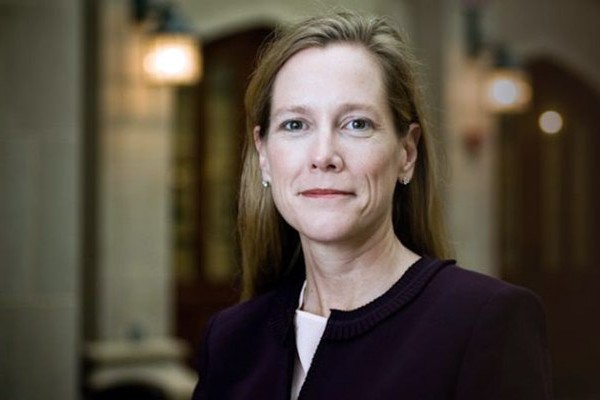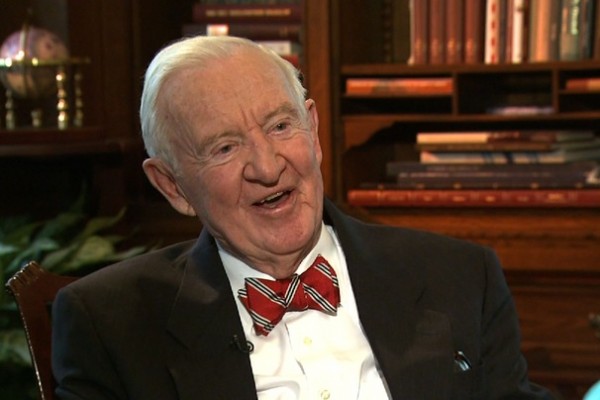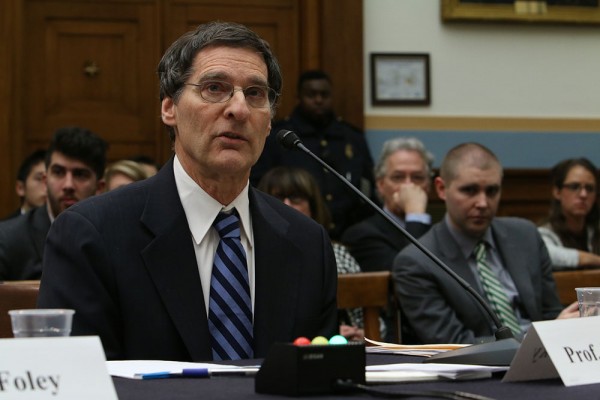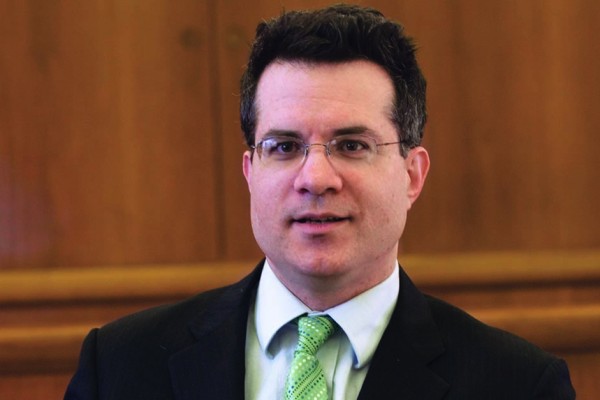WashU Expert: Congress should work with Obama to close Gitmo
President Barack Obama this week announced his intention to close the detention facility at Guantanamo Bay, Cuba. The decision to open the facility in the first place was a bad idea in theory, made even worse in practice, said Leila Sadat, professor of law and renowned expert on international criminal law.
WashU Expert: Zubik v. Burwell could be knockout punch to contraceptive mandate
Zubik v. Burwell, a new challenge to the contraceptive mandate in the Affordable Care Act, wants to deliver a knockout punch to the mandate, according to Elizabeth Sepper, associate professor of law and an expert on health law. At stake is whether employees of religiously affiliated organizations such as universities, hospitals and charities, can be stripped of their rights to contraceptive coverage.
Obituary: Tad Foote, former School of Law dean, 78
Edward T. (Tad) Foote II, dean of the Washington University School of Law in St. Louis from 1973-1980, died of complications from Parkinson’s disease Monday, Feb. 15, 2016, in Cutler Bay, Fla. He was 78.
WashU Expert: Apple and the expectation of privacy
Apple is fiercely opposing a court order to unlock an iPhone used by San Bernardino shooter Syed Farook. The company is taking an important stand on behalf of its users’ privacy, and should be applauded, said Neil Richards, professor of law and privacy law expert.
WashU Expert: Bargaining for moderate nominee might be Republicans’ best option
In the wake of the unexpected death of Supreme Court Justice Antonin Scalia, much speculation has arisen about who should be nominated to replace him, with Republicans vowing to block any nomination until after the November presidential election. That may not be the wisest course of action, according to a legal expert at Washington University in St. Louis.
Law school panel to discuss Scalia legacy
Three experts on the Supreme Court from the School of Law will discuss the recent death of Antonin Scalia, his legacy and how his vacancy will be filled. The talk, “Justice Antonin Scalia: The Legacy and the Vacancy,” will be held from 12:05-1 p.m. Wednesday, Feb. 17. It is free and open to the public.
WashU Expert: No quick fix to shortening gender pay gap
President Barack Obama recently announced new rules aimed at encouraging companies to provide salary information by workers’ race, gender and ethnicity. While obtaining good data is a necessary step in helping to shrink the gender pay gap, it will only be a starting point, said Hillary Sale, an expert on corporate governance and women’s leadership.
John Paul Stevens highlights spring Public Interest Law & Policy Speakers Series
The 18th annual Public Interest Law & Policy Speakers Series kicks off its spring series Jan. 21. Ten lectures this semester will focus on civil rights, national security, art, the Second Amendment and more.
WashU Expert: Immigration case will have profound consequences
The U.S. Supreme Court agreed Jan. 19 to hear United States v. Texas, the challenge brought by 26 states to President Barack Obama’s executive actions on immigration. The stakes could not be larger, and they are not limited to immigration, said immigration law expert Stephen Legomsky.
WashU Expert: Proposed Missouri law revoking scholarships violates First Amendment
Two Missouri legislators have proposed a bill that
would require public universities and colleges to revoke scholarships
held by student-athletes who refuse to play, or incite, support or
participate in a strike. The proposed law violates the First
Amendment of the United States Constitution, says an expert on freedom
of speech at Washington University in St. Louis.
View More Stories
